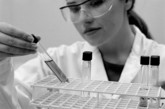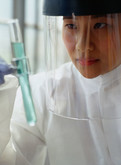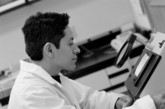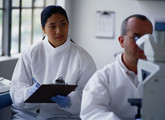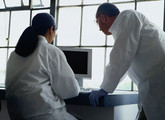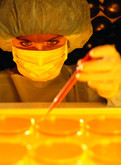Biosimilars/Research
|
Posted 05/08/2009
In a position paper by the European Renal Association - European Dialysis and Transplant Association (ERA-EDTA) Council in Nephrology Dialysis Transplantation written by Adrian Covic of the Parhon University Hospital in Iasi, Romania – who received financial gratitude for congress participation, lectures and clinical trials from: Amgen, Affimax, F. Hoffmann-La Roche and Janssen-Cilag – and co-authors, it is stated that biosimilars may offer considerable advantages to hard-pressed healthcare economies, as the costs of providing effective therapies in a variety of new and existing disease areas increase progressively. However, a decision to permit their use clinically should be balanced by a clear mandate to ensure as with all biopharmaceutical agents, that patients, physicians and pharmacists truly understand the complex arguments and decisions which apply to this new and challenging area. In particular, pharmacovigilance is a responsibility that is shared between the pharmaceutical industry, pharmacists and physicians, with appropriately informed and educated patients. Ease of tracing and identification of new/substituted agents especially when dealing with patients who may be exposed to injected therapies for many years is a pivotal requirement and one where new input into nomenclature decisions and systems is now urgently needed. Any decision to employ biosimilar biopharmaceuticals should be taken with appropriate knowledge and understanding of this complex area by the primary responsible physician, after a careful appraisal of the advantages and disadvantages of taking this course of action, and with appropriate systems for pharmacovigilance in place.










